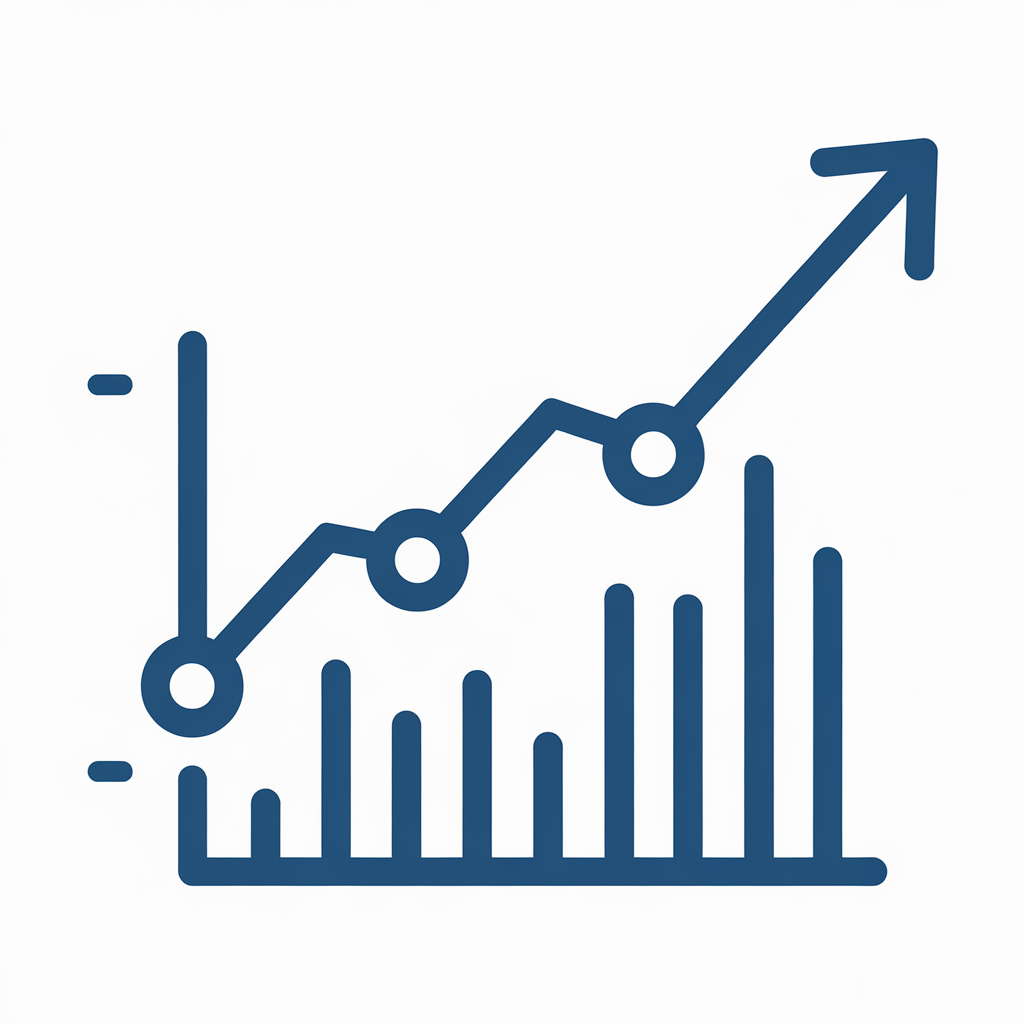Understanding Cash Advances: What You Need to Know
At O1ne Mortgage, we prioritize consumer credit and finance education. Our goal is to provide you with the knowledge you need to make the best financial decisions. In this blog, we will explore the concept of cash advances, the transactions that are considered cash advances, and how you can avoid them to save on high interest and costly fees.
What is a Cash Advance?
A cash advance allows you to use your credit limit to access cash. While it might seem convenient, it is generally more expensive than using your credit card for regular purchases. Cash advances come with higher interest rates and additional fees, making them a costly option. Understanding which transactions are considered cash advances can help you avoid unnecessary expenses.
Transactions That Are Considered Cash Advances
Using your credit card to withdraw cash from an ATM is the most obvious type of cash advance. However, there are several other transactions that may not immediately seem like cash advances but are treated as such by credit card issuers. Here are seven transactions that are considered cash advances:
1. Using a Convenience Check
Some credit card companies send convenience checks in the mail. These checks can be used to transfer a balance or get cash in your bank account. When you name yourself as the payee and cash the check or deposit it into your bank account, it is treated as a cash advance.
2. Buying Lottery Tickets or Gambling
Purchasing lottery tickets and gambling may not involve physical cash, but they offer the potential to win cash prizes. Credit card issuers often treat these purchases as cash equivalent transactions. This includes online gambling, race track wagers, and casino gaming.
3. Buying Foreign Currency
While making purchases in other currencies is generally not an issue (though you may incur a foreign transaction fee), buying foreign currency, including cryptocurrency, with your credit card is considered a cash-like transaction. If you need to exchange currency while traveling, use a debit card or cash from your bank account to avoid cash advance fees. Alternatively, you can purchase traveler’s checks ahead of time using a debit card or cash.
4. Wire Transfers
Wire transfers involve moving money from one bank to another. If you use a credit card for this purpose, you are essentially using the credit card issuer’s funds to transfer money, which is why it is treated as a cash advance.
5. Money Orders
Purchasing a money order with a credit card is treated as a cash advance. Some money order locations do not allow credit card payments and instead require you to take out a cash advance first and then purchase the money order.
6. Person-to-Person Money Transfers
Using your credit card to send money through apps like Venmo, PayPal, and Cash App may be considered a cash advance by your card issuer. Since you are essentially using your credit card to transfer money, it is very similar to withdrawing cash.
7. Overdraft Protection
Using your credit card for overdraft protection on your checking account to avoid overdraft fees is treated as a cash advance. This is because your card issuer is essentially transferring cash to prevent overdrafts.
Frequently Asked Questions
What Is a Cash Advance?
A cash advance is a service provided by credit card issuers that allows you to withdraw cash up to a certain limit. It is typically more expensive than regular credit card transactions due to higher interest rates and additional fees.
How Much Does a Cash Advance Cost?
The cost of a cash advance varies by credit card issuer but generally includes a higher interest rate than regular purchases and a cash advance fee, which is usually a percentage of the amount withdrawn or a flat fee, whichever is higher.
How to Avoid a Cash Advance
To avoid cash advances, be mindful of the transactions that are considered cash advances. Use a debit card or cash for transactions like buying foreign currency, wire transfers, and money orders. For person-to-person money transfers, consider linking your bank account instead of your credit card. Additionally, avoid using convenience checks and credit card overdraft protection.
The Bottom Line
Without being aware of cash-equivalent transactions, you could unknowingly use your credit card for a transaction that is actually considered a cash advance. Even when it is convenient, cash advances are not a cost-effective way to use your credit card. If you need to improve your credit to access more affordable financing options, start by checking your credit report and credit score for free. This will help you build a positive credit history and access more favorable borrowing options in the future.
At O1ne Mortgage, we are here to help you navigate your financial journey. If you have any questions or need assistance with mortgage services, call us at 213-732-3074. Our team of experts is ready to provide you with the best solutions tailored to your needs.







